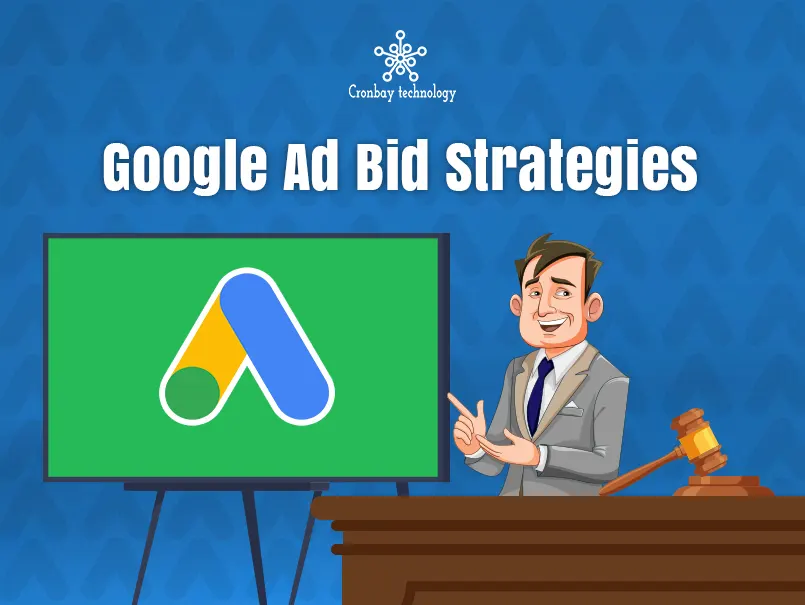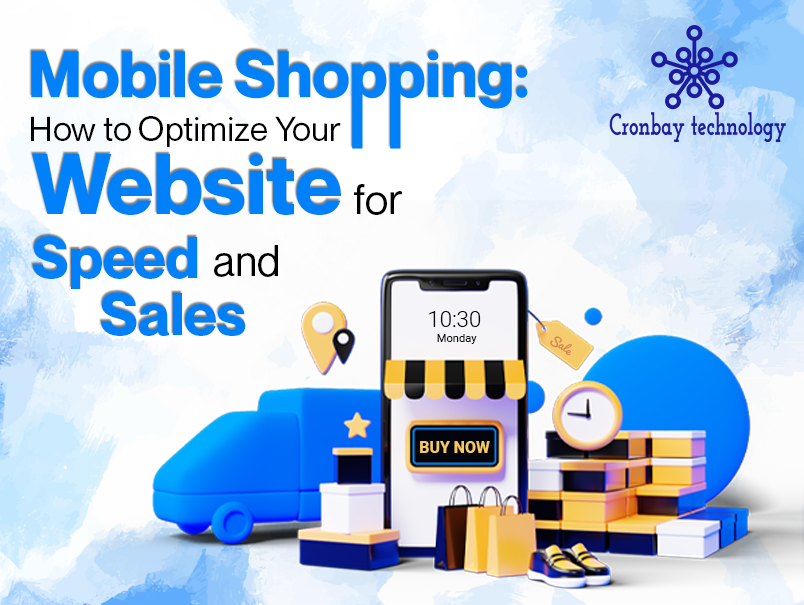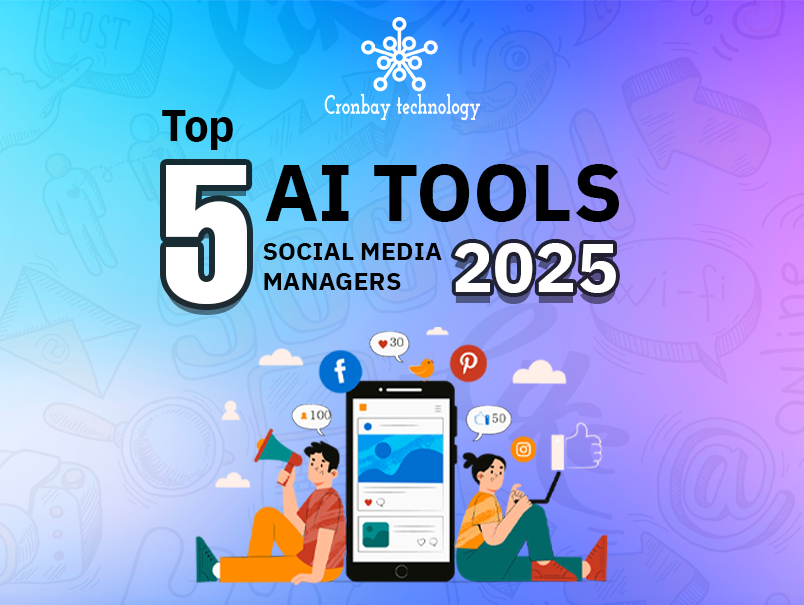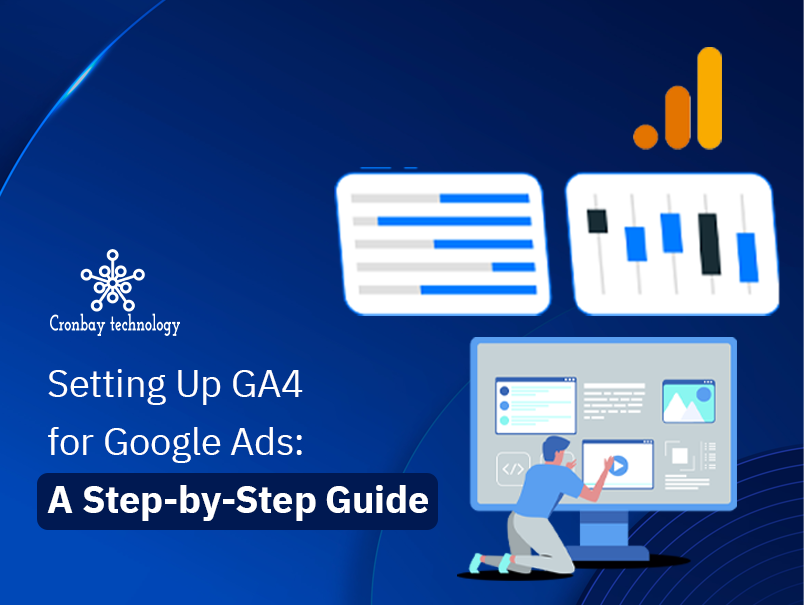Are you considering the use of Google Ads Smart Bidding in 2023?
With Google's constant updates and changes, it's crucial to stay informed about the latest strategies and features, especially since over 80% of them employ automated bidding.
In this blog, you will get to know all about Google Ads Smart Bidding and why it's a smart choice to use Google Ads in digital marketing in 2023. Plus, we'll provide valuable tips to maximize the effectiveness of your Google Ads Smart Campaign.
Don't go anywhere! Stick to the blog and learn about smart bidding strategies Google Ads.
What is Google Ads Smart Bidding?
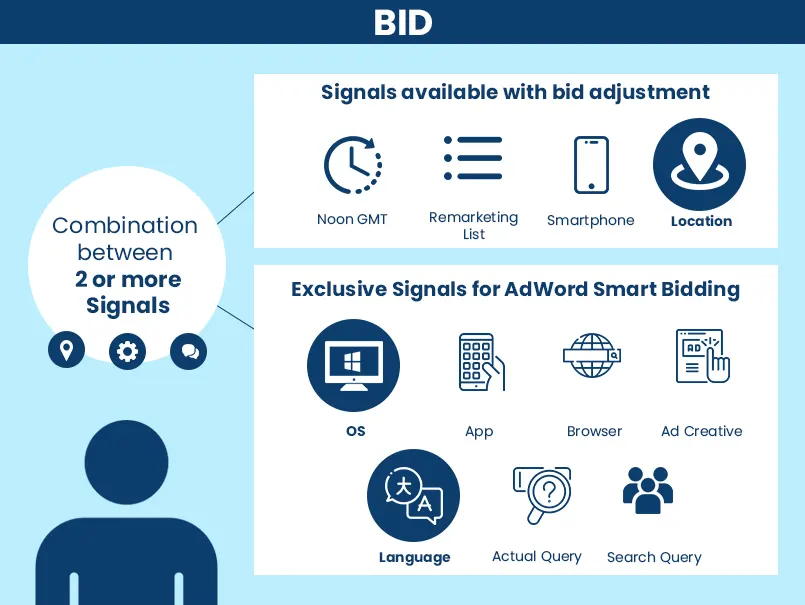
Google Ads Smart Bidding, a powerful tool for businesses utilizing Google Ads, leverages automated bidding strategies to attain specific goals. It can enhance various key metrics such as cost-per-action (CPA), return on ad expenditures (ROAS), conversions, conversion value, and cost-per-click (ECPC) through the application of machine learning in Google Ads Smart Bidding.
For instance, when your campaign is designed for Google Ads for business and is actively bidding on search terms within a Google Ads Smart Campaign, a pivotal "learning phase" kicks off.
After that, smart bidding strategies Google Ads collects data from your ads to learn how they are performing and what results to expect based on your preferences. This data is then used to guide the smart bidding system, helping your advertising campaigns achieve the best possible outcomes.
Why should you use Google Ads Smart Bidding in 2023?
1. Improved Campaign Performance:
Google Ads Smart Campaigns are the key to achieving improved campaign performance. These campaigns excel by continuously adjusting bids in real-time, ensuring maximum conversions, clicks, and the achievement of various campaign goals.
With Google Ads smart bidding, the need for manual bidding and the guesswork that comes with it are eliminated, guaranteeing that your budget is spent efficiently.
2. Increased Efficiency:
In the realm of Google Ads in digital marketing, smart bidding stands out as a champion of increased efficiency. It achieves this by automating bid adjustments, ultimately conserving your valuable time and resources.
The continuous evaluation of factors such as device, location, and audience allows Smart Bidding to make insightful, data-driven decisions, ensuring that your digital marketing efforts are not just efficient but also highly effective.
3. Adapting to Changes in 2023:
Google Ads Smart Bidding is the beacon for adapting to the changes in 2023. As Google makes the significant move to discontinue support for similar audiences, the reliance on third-party data is diminishing.
In this evolving landscape, Google Ads Smart Bidding shines as an automation-driven strategy that perfectly aligns with the growing trend of privacy-centric advertising. It's not just a strategy for today; it's a future-proof strategy in the world of Google Ads.
9 Google Ads Bidding Strategies for Businesses in 2023
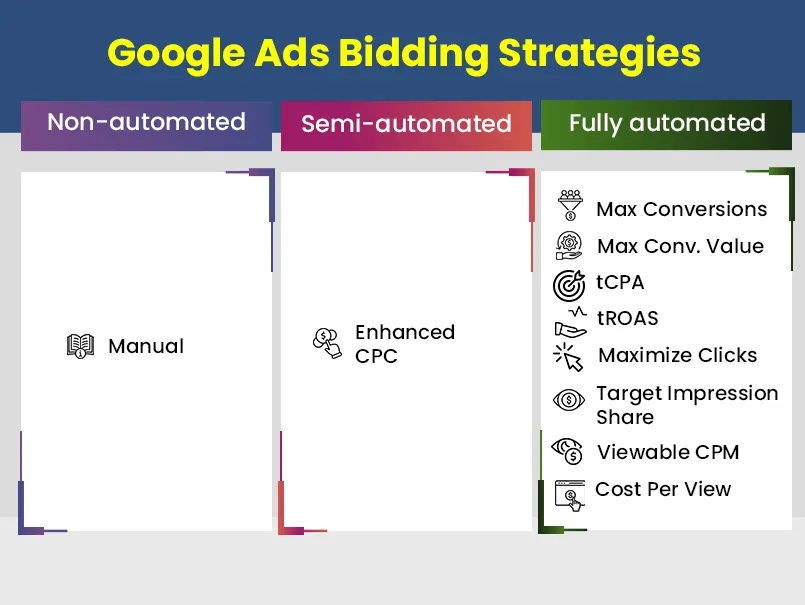
Let's explore some Google Ads bidding strategies and how they relate to Google Ads for business:
1. Set a CPA goal
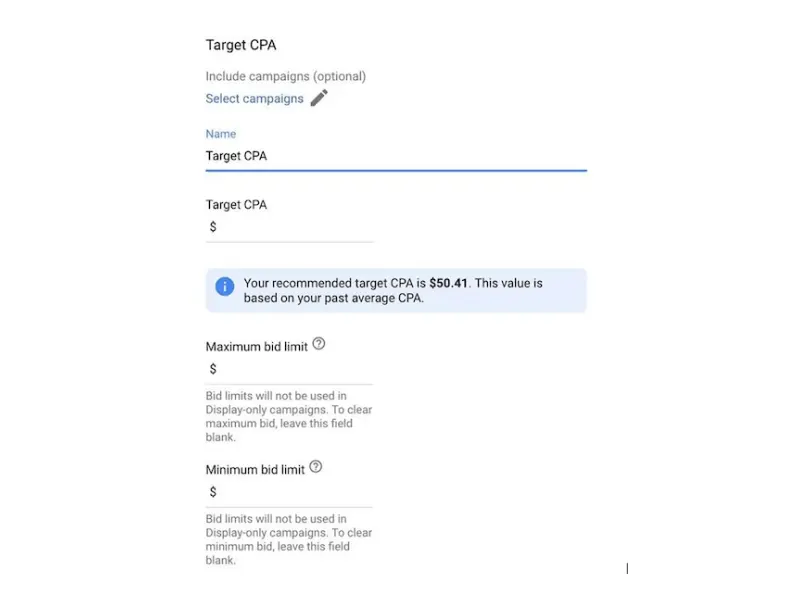
To get the most out of your ad campaign, you need to use a Google Ads smart bidding method called Target CPA (or cost-per-action). Using Target CPA, you can determine the average cost per conversion that you are willing to spend on your campaign.
Google uses your desired CPA (cost per acquisition) to decide how much money it should spend on ads when someone searches for words related to your business.
If your conversion target does not have a conversion value and you know exactly how much your CPA budget is, or if you want to generate leads, Target CPA is the smart bidding technique for you.
2. Maximize CPM (cost per 1,000 impressions)
This approach is ideal for businesses aiming to raise awareness through ads on the Google Display Network and YouTube. With this strategy, you're charged based on impressions, regardless of whether users skip your ad.
3. Maximize viewable CPM
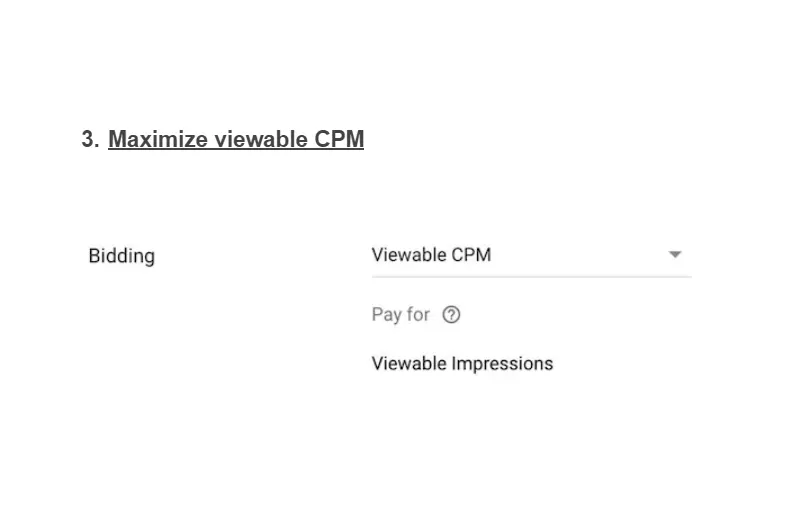
Another strategy perfect for businesses using Google Ads for awareness campaigns is to maximize viewable CPM>/a>. It focuses on ensuring that your ad is viewable, which means you won't incur charges when users skip it.
4. Manual Cost per Click (CPC)
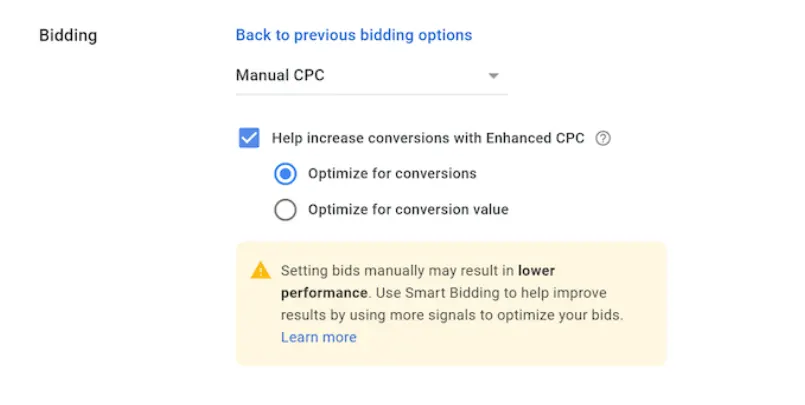
This method provides precise control, and many businesses use Google Ads like it. It allows you to set bids at the ad group or keyword level. While it provides control, keep in mind that it demands more time and hands-on management.
These strategies are all part of Google Ads bidding strategies, catering to various Google Ads campaign types to meet your business goals effectively.
5. Enhanced Cost per Click (ECPC)
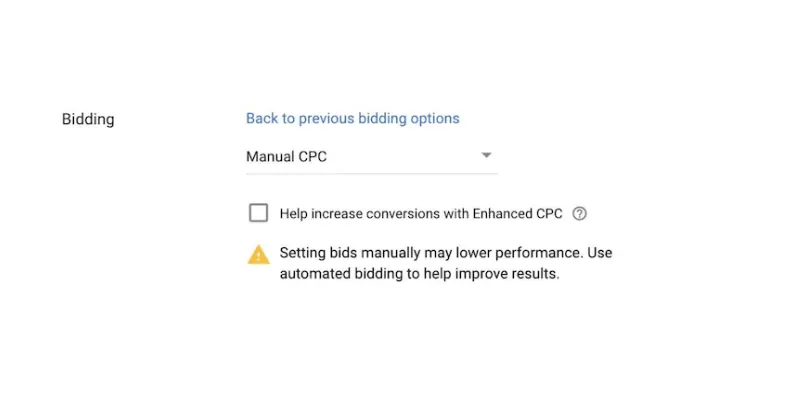
ECPC is the automated counterpart to manual CPC, where Google fine-tunes your bids based on the likelihood of conversion. This strategy can significantly enhance your Google Ads Smart Campaign by boosting your click-through rate and conversion rate.
6. The ROAS Target
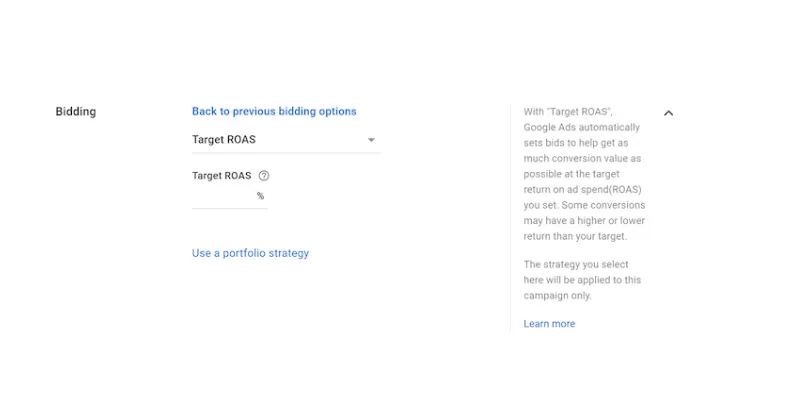
Except for how much a given search will bring if it results in a conversion, Target ROAS works much like Target CPA. According to this, it will bid high for any clicks that it thinks have the best chance of leading to a high-value conversion.
To use Target ROAS, you'll need to specify conversion values. You may use Target ROAS in a single campaign or a portfolio plan.
7. Maximize CPV (Cost per View)
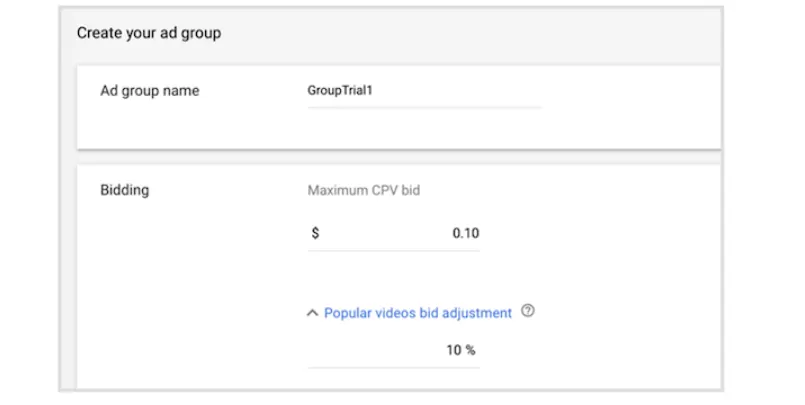
This strategy is tailored for Google Ads Smart Campaigns focused on YouTube videos. It charges you for views without costing you when users skip the video.
8. Target Impression Share
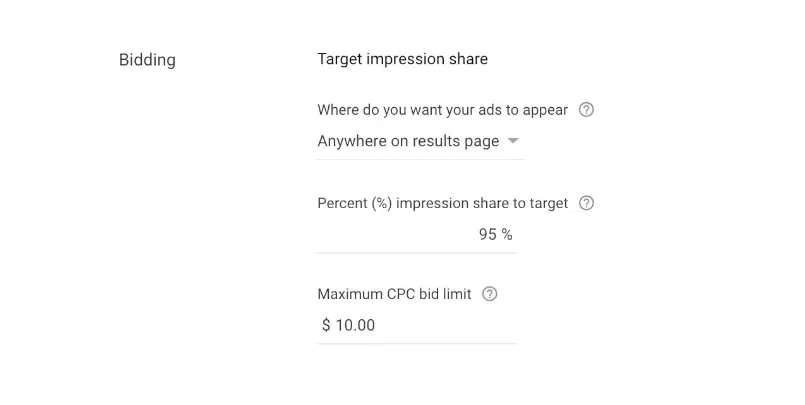
In the context of Google Ads Smart Bidding, this strategy is essential for your Google Ads Smart Campaign. It aims to achieve your impressions goal and can be particularly valuable when bidding on brand keywords. It strikes a balance between setting a maximum CPC and managing your ad spend effectively.
9. Portfolio Bid Strategies
Smart bidding strategies in Google Ads, such as target CPA, maximize conversions, maximize conversion value, target ROAS, and target impression share, are like special plans to make your ads work better.
Instead of making a separate plan for each ad campaign, you make one big plan and use it for many campaigns. You can find these special plans in your shared library.
Pro Tips for Effectively Using Google Ads Smart Bidding Strategies
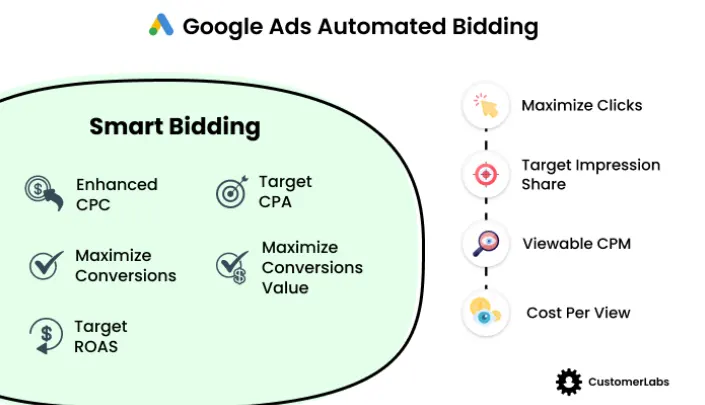
1. Make sure you're keeping track of how well your ads are doing, and double-check that the numbers are right.
2. Check if the way you give credit to your ads for success is the right fit for what you want.
3. Use a Google tool to test different ways of setting the price for your ads.
4. Study your goals and pick a strategy that matches them. For instance, if you want people to know your brand, make sure more people see your ads.
5. Keep an eye on how well your ads are working, and don't be afraid to change things based on what you see.
6. Wait for enough information to be sure you're making the right choices about how much you pay for ads; aim for 95% confidence.
7. Make your Google Ads smart bidding account simpler so you can easily change how you set your ad prices.
8. Adjust Google Ads smart bidding for peak seasons with higher bids and reduce bids during off-seasons.
9. Use smart bidding for keywords driving real sales, not just clicks, to boost revenue.
10. Continuously test landing page offers using Google Ads smart bidding to optimize conversions and sales.
11. Utilize Google Ads smart bidding to set optimal bids for branded keywords, enhancing ad message, account health, and overall performance.
Optimize It and Grow
By now, you've become well-versed in the workings of Google Ads Smart Bidding. You've gained a deep understanding of the different smart bidding strategies available, their strengths, and their weaknesses.
Additionally, you've acquired valuable tips to enhance your decision-making when it comes to using Google Ads Smart Bidding effectively.
The big question now is:
Which Google Ads smart bidding strategy will you first try out in your Google Ads campaigns?
Frequently Asked Questions
Q1. Which two optimal Google Ads smart bidding strategies should be used?
Ans. Two highly recommended Google Ads smart bidding strategies are Target CPA and Target ROAS, while other options include Maximize Conversions and Maximize Conversion Value.
Q2. What is the highest volume bidding strategy?
Ans. The highest volume bidding strategy is Meta's default, focusing solely on maximizing actions without considering CPA, ROAS, or bid amount.
Q3. What can I do to attract more bidders to my auction?
Ans. To attract more bidders using Google Ads smart bidding strategies, consider a competitive starting price and promote your auction through social media, email marketing, and various channels to expand your audience.

